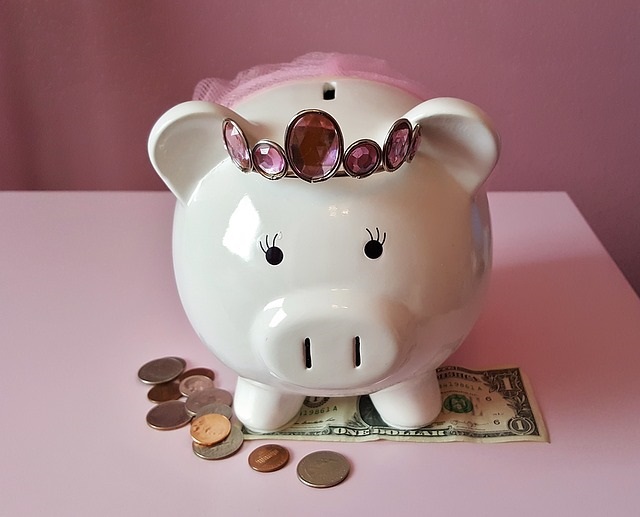If you live in fear of your accounts, and see HMRC as a big scary monster, here’s a few horrors to avoid with your finances:
Mixing up personal and business expenditure
At the end of the year you need to produce a set of accounts for your business – both for the tax man and for yourself to see how your business is doing.
If you have only have one bank account that you use for business costs and personal treats, you need to plough through your statements at the year end, probably with a highlighter, trying to match the receipts you have and identify things that related to your business. Probably a gruesome task and a whole set of tricky questions from your accountant!
Having a separate account makes the process so much easier and will also mean that you have a better idea during the year how your business is doing. No skeletons will appear at the year end and you’ll have no accounting nightmares!
You can still take money out of that account to live on – but do one transfer a month into your personal account, rather than constantly dipping into it.
Failing to budget for your tax bill
Hopefully your business has made a profit, and that may mean that you have tax to pay at 31 January 2022. Remember for this year that any SEISS grants received before 5 April 2021 need to be included as income for the year and declared separately on your tax return.
This shouldn’t be a nasty surprise but the amount of tax due can be! Self-employed individuals often forget that there is NI to pay on profit too, not just income tax – and some are even in denial about income tax!
Ideally you have been putting away money during the year to cover your tax bill, and the sooner you complete your accounts and tax return, the sooner you will have confirmation of the amount due. Nothing worse than sleepless nights in January having buried you head in the sand all year about your finances.
If you owe more than £1,000 in income tax, then you will have to make a payment on account of your 21/22 tax too at 31 January 2022 – equal to 50% of the tax again – enough to send shivers down your spine if you are unaware!
Keeping track of the money
You’ve done the work, sent off your invoice but you need to chase payment! Cash is king in a small business and lack of it will suck your business dry. I’m always amazed that people don’t know if they’ve been paid or not, or are too embarrassed to chase for payment. If you are dealing with other small businesses, it’s usually not that they have withheld payment, it’s that their accounts are also totally disorganised and your invoice is in a pile somewhere! A quick phone call or email usually resolves the issue.
Not Doing Anything
However terrified you are of numbers and your accounts – they won’t go away! Ignoring them is not an option as then HMRC will come back and bite! Little and often is the key – using a system that works for you. Technology now allows you to keep your accounts up to date on the go via Apps and cloud based accounting packages, so you don’t need to have the dreaded “accounts day”.
Whilst your accounts may bring you out in a cold sweat, my passion is taking the fear our of finances for small business, so if I can help you, then contact me at rosieforsyth@wilkinsco.co.uk



